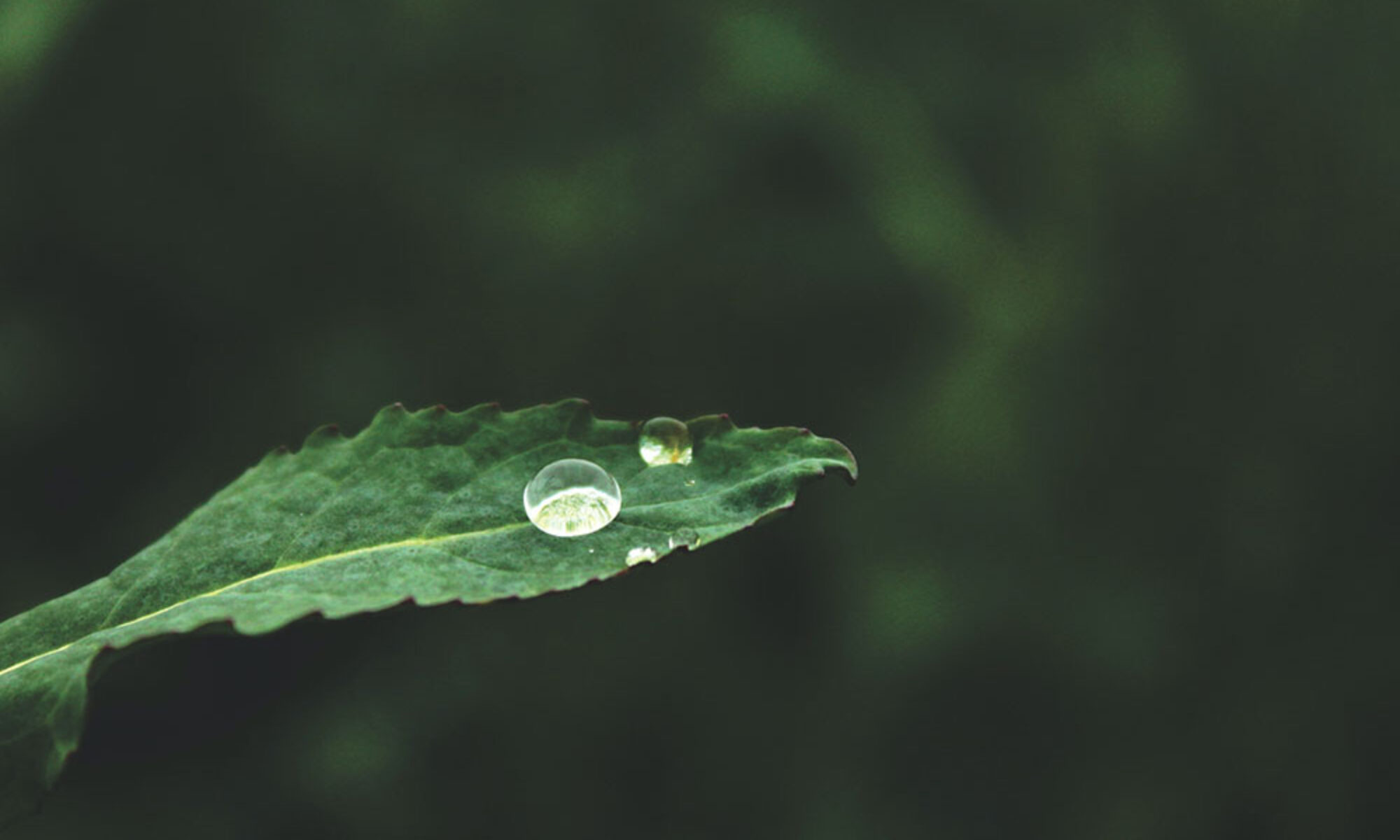I am pleased to announce that I have been accepted as a Registered Herbalist with the American Herbalist Guild. Why is that important? Why is it important to you? Why is it important to me?
This story began about 25 years ago when I first started my herbal training. I have been a practicing herbalist since then with hundreds and hundreds of hours of class work, conferences and lectures. Take note, I was already a practicing Adult Nurse Practitioner, practicing primary care medicine since 1987 when I first started this path. Interesting, in every other country around the world, medical practitioners have herbal training to add to their armament in treating patients. In America, doctors get maybe one four-hour class in nutrition and no training in herbal medicine, yet you are supposed to ask your medical practitioner about herbs and supplements you are using. Sad. Many countries still use herbalism as the first choice of treatment instead of going to prescriptive meds as we do here in America. I subsequently obtained my NYS Holistic Nurse Practitioner and Advanced Holistic Nurse-Board Certification to better define that I do utilize herbs and nutrition to support my patient’s health.
Legally the practice of medicine is restricted to those professionals who have a license which is regulated by each state. In America, there is no licensure for herbal medicine. Some states allow acupuncturists or naturopaths to utilize herbs as part of their license. Lay people that are not licensed in herbal medicine can still offer herbal treatments, dispense and recommend herbs to optimize health. They cannot diagnose or say that an herb or supplement is used to treat a disease. This is prohibited by the DSHEA laws. (see blog: Safety with Supplements).
I have always been a believer in documentation of excellence or knowledge in any medical practice. Including herbal medicine. The American Herbalist Guild has given me this title. The AHG is the only national agency that provides strict criteria to become a Registered Herbalist. This is accomplished by submitting your information to a peer- review admissions committee. This information includes in part, a personal and professional biography describing experience and hours of training, have at least 3-4 years of herbal experience, letters of references and submission of multiple case histories, some examples given by the AHG, some actual clients. This total process including mentorship from two renowned practicing herbalists took me a total of two and a half years from start to receiving my letter of acceptance.
So, back to my original questions,
- Why is this important? In this world where medicine is becoming more complex and, in many ways, less effective for chronic diseases, this allows better introduction and passage into the main medical establishment where herbal ignorance reigns and letters behind your name rule.
- Why is it important to you? By adding RH(AHG) to my name lets you know that I have been vetted and reviewed as an herbalist by nationally and internationally known herbalists and have been deemed a knowledgeable and safe herbal practitioner.
- Why is it important to me? I started my medical history as a child, reading all about old historic treatments and found them fascinating. Even as a kid, I tried open heart surgery on a bleeding-heart flower and was very frustrated that I could not properly put it back together again. As I move forward in my career and even past retirement, my plan is to continue to help others utilizing my herbal knowledge. Also, I believe it to be in my blood. My many-great grandmother was the local town herbalist in Wales. “Sheee’s Baaack!”

